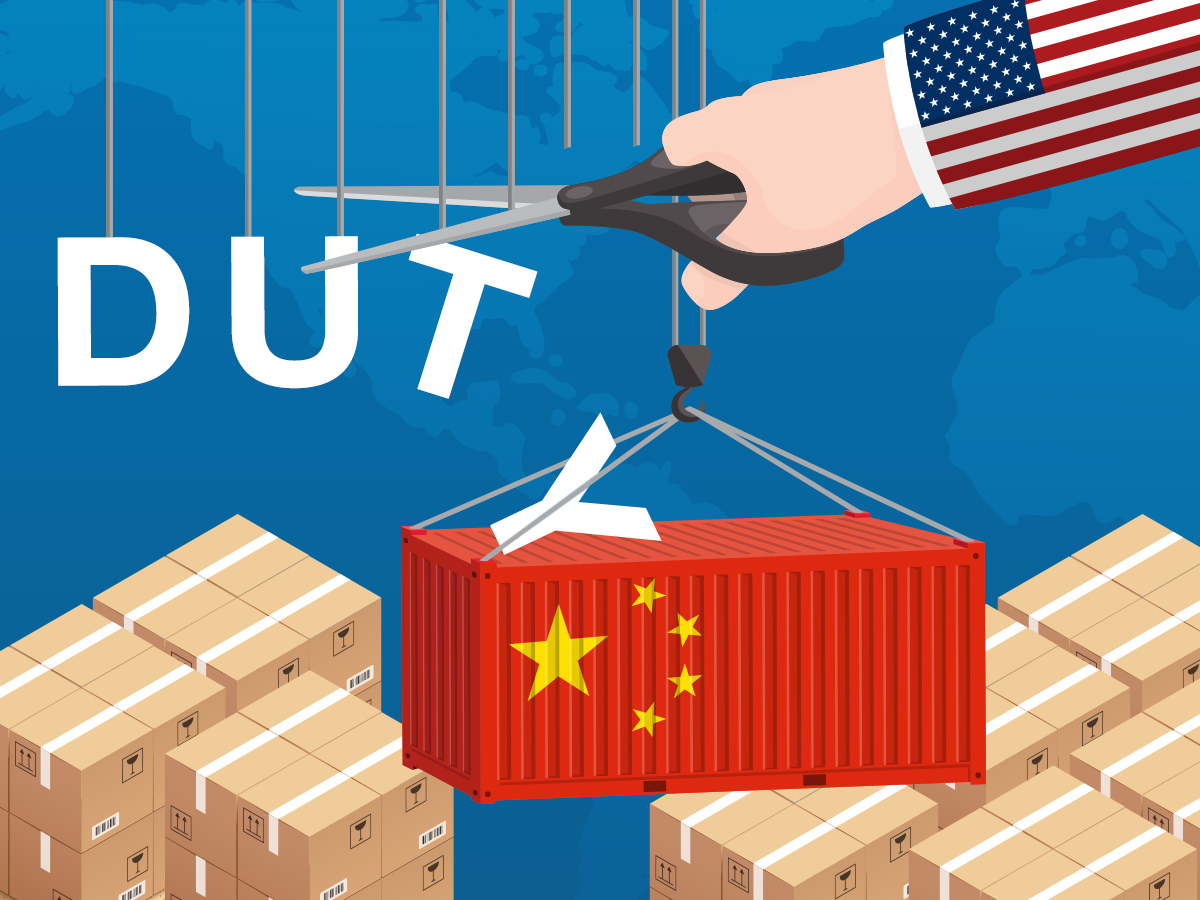On May 18, U.S. Treasury Secretary Janet Yellen called on the U.S. and its European allies to confront China together. That’s something the American government has been doing for years.
Most of what she said was known, as well. She criticized China’s economic and trade policies, including its “unfair lending practices”, that have left some countries facing unsustainable debt burdens, suggesting to Beijing to “drop objectionable practices”.
She also urged the allies to diversify supply chains (let it be about rare earth minerals or other raw materials), adding, “we have a common interest in incentivizing China to refrain from economic practices that have disadvantaged us all”. In her views, a joint approach would give “a better chance of competing with China on a level playing field, which will benefit our businesses and consumers”.
These remarks came just a day after it turned out that Ms. Yellen was at odds with U.S. Trade Representative Katherine Tai, as regards on how best to fight the skyrocketing inflation, that spiked at 8 percent over the last year, putting enormous pressure on President Biden and his Democratic Party, right before the November’s midterm elections.
Surprisingly enough, Yellen is among the supporters of slashing many of the tariffs on imports from China (the so called “Section 301 tariffs”, imposed by former President Donald Trump). (Ms. Tai, on the other hand, wouldn’t rule out even new strategic tariffs as parts of a broader China trade strategy, that would address the double issue of protecting American jobs and taming China’s behavior in global markets.)
Reducing tariffs would be (according to Yellen and her supporters, for example Daleep Singh, economic advisor for President Biden) a major step, that could meaningfully cut costs, or as she put it, tariff cuts would be “worth considering for their desirable effects” on lowering inflation. In her understanding, some of the tariffs are not in the U.S.’s economic interest, not only because of the inflation, but because they hurt consumers.
Her claim was supported, among others, by the Peterson Institute for International Economics that found that reducing China tariffs could, in fact, cut inflation by a whopping 1.3 percentage points. (That would mean $797 for every single American household.)
Said tariffs had been imposed by the Trump administration in 2018 and 2019. While originally affected only strategic industrial goods (in retaliation for China’s forced technology transfers and theft of intellectual property), but as the tit-for-tat started to spiral out of control, tariffs ended up covering t-shirts, toys and other non-strategic goods. According to Yellen, “some of the tariffs that were imposed by President Trump in retaliation for China’s unfair trade practices, some of them, to me, seem as though they imposed more harm on consumers and businesses” and “aren’t very strategic in the sense of addressing real issues we have with China – whether it concerns supply chain vulnerabilities, national security issues, …”.
China-Hawks (and labor unions) are clearly not happy about the suggestion of cutting those tariffs and are demanding different approach.
And as no decision has been made on the issue (and with the internal dispute within the administration itself), there are still a “variety of options” and it remains unclear when (or if) it will ultimately happen.
Combine U.S. domestic inflation with the unforeseeable effects of the war in Ukraine on global food security (and inflation), and it might indeed turn out, that giving a small palm branch for Beijing (“re-examining carefully” the U.S. “trade strategy with respect to China”), for example in the form of removing at least some of those tariffs, is the less evil in the short- and medium turn.
